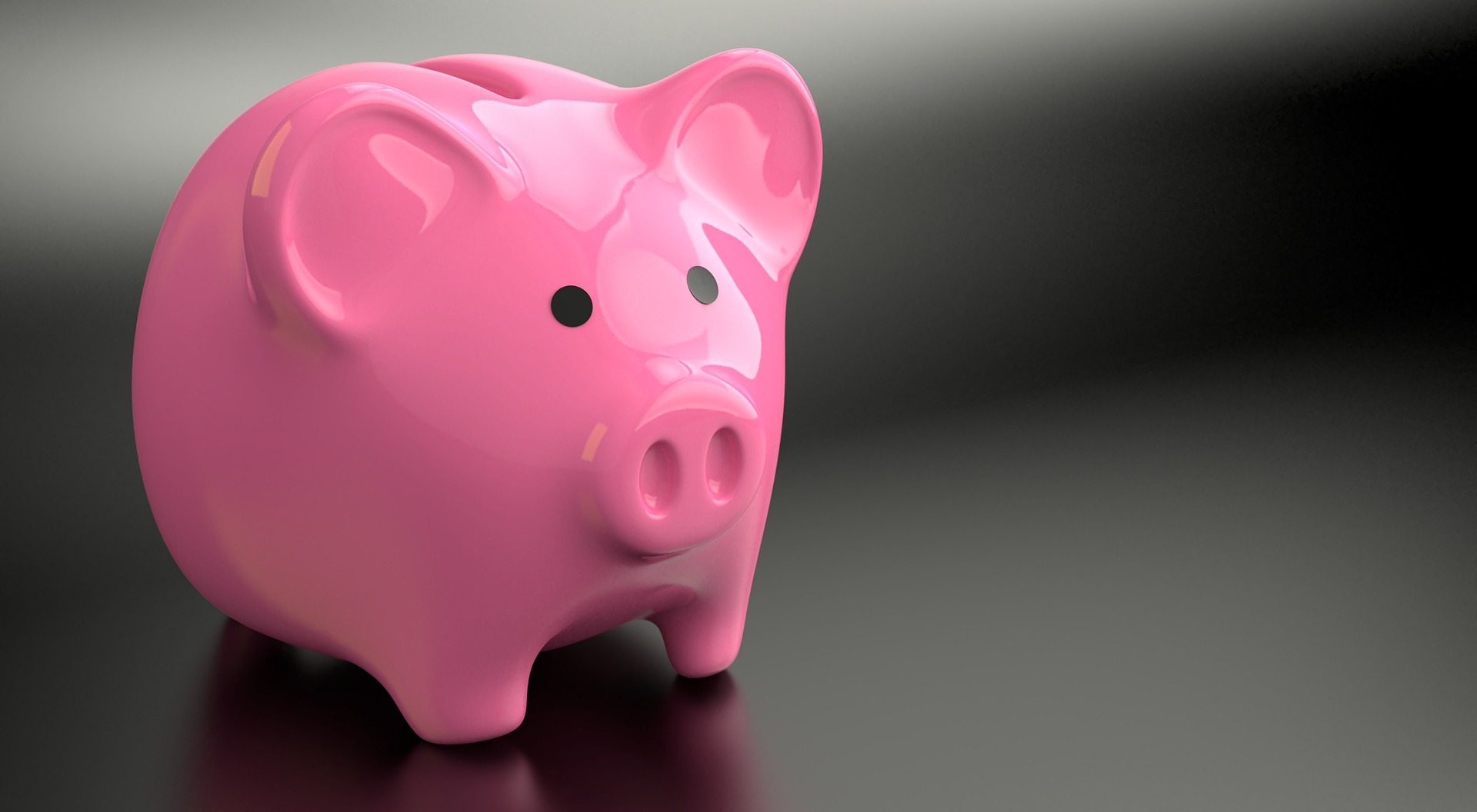A Comprehensive Guide to Fixed Deposits: Secure Your Financial Future
Fixed deposits, also known as term deposits, are a popular and secure investment option offered by banks and financial institutions worldwide. This article will explore the ins and outs of fixed deposits, their benefits, and how they can help you achieve your financial goals.

How Do Fixed Deposits Work?
When you open a fixed deposit account, you agree to keep your money with the bank for a specified period, ranging from a few months to several years. During this time, the bank uses your funds for various purposes, such as lending to other customers. In return, they offer you a higher interest rate than a regular savings account.
The interest rate on your fixed deposit remains constant throughout the term, regardless of market fluctuations. This stability makes fixed deposits an attractive option for risk-averse investors or those looking to diversify their investment portfolio.
What Are the Benefits of Investing in Fixed Deposits?
Fixed deposits offer several advantages that make them a popular choice among savers and investors:
-
Safety: Fixed deposits are considered one of the safest investment options, as they are not subject to market volatility.
-
Guaranteed Returns: The interest rate is fixed at the time of deposit, ensuring predictable returns.
-
Flexibility: You can choose from various tenures to suit your financial needs and goals.
-
Easy to Open: Opening a fixed deposit account is typically a straightforward process with minimal paperwork.
-
Loan Facility: Many banks offer loans against fixed deposits, providing a source of emergency funds if needed.
How to Choose the Right Fixed Deposit?
Selecting the right fixed deposit involves considering several factors:
-
Interest Rates: Compare rates offered by different banks to maximize your returns.
-
Tenure: Choose a term that aligns with your financial goals and liquidity needs.
-
Compounding Frequency: Look for deposits that compound interest more frequently (e.g., quarterly rather than annually) for better returns.
-
Premature Withdrawal Penalties: Understand the penalties for early withdrawal to avoid unexpected costs.
-
Bank Credibility: Opt for reputable banks with strong financial standings to ensure the safety of your investment.
What Are the Different Types of Fixed Deposits?
Banks offer various types of fixed deposits to cater to different investor needs:
-
Standard Fixed Deposit: The most common type, where you deposit a lump sum for a fixed period.
-
Recurring Deposit: You make regular monthly deposits for a fixed term, ideal for building savings habits.
-
Tax-Saving Fixed Deposit: These deposits offer tax benefits but typically have a longer lock-in period.
-
Senior Citizen Fixed Deposit: Offers higher interest rates for individuals above a certain age, usually 60 years.
-
Flexi Fixed Deposit: Combines the features of a savings account and a fixed deposit, offering more liquidity.
How Do Fixed Deposits Compare to Other Investment Options?
When considering where to invest your money, it’s essential to understand how fixed deposits stack up against other popular investment options. Here’s a comparison of fixed deposits with some common alternatives:
| Investment Option | Risk Level | Potential Returns | Liquidity | Tax Implications |
|---|---|---|---|---|
| Fixed Deposit | Low | Moderate | Low to Moderate | Interest taxable |
| Savings Account | Very Low | Low | Very High | Interest taxable |
| Mutual Funds | Moderate to High | Moderate to High | High | Gains taxable |
| Stocks | High | High | High | Gains taxable |
| Government Bonds | Low | Low to Moderate | Low | Often tax-exempt |
Prices, rates, or cost estimates mentioned in this article are based on the latest available information but may change over time. Independent research is advised before making financial decisions.
Fixed deposits offer a balance of security and moderate returns, making them an excellent choice for conservative investors or those looking to diversify their portfolio with a low-risk option. While they may not provide the high potential returns of riskier investments like stocks or mutual funds, fixed deposits offer stability and predictability that can be crucial for certain financial goals.
In conclusion, fixed deposits are a valuable tool in any investor’s arsenal. They provide a secure way to grow your savings, offer guaranteed returns, and can be tailored to suit various financial needs. By understanding the features, benefits, and considerations of fixed deposits, you can make informed decisions about incorporating them into your overall financial strategy. Whether you’re saving for a short-term goal or looking to diversify your long-term investments, fixed deposits can play a crucial role in helping you achieve financial stability and growth.






